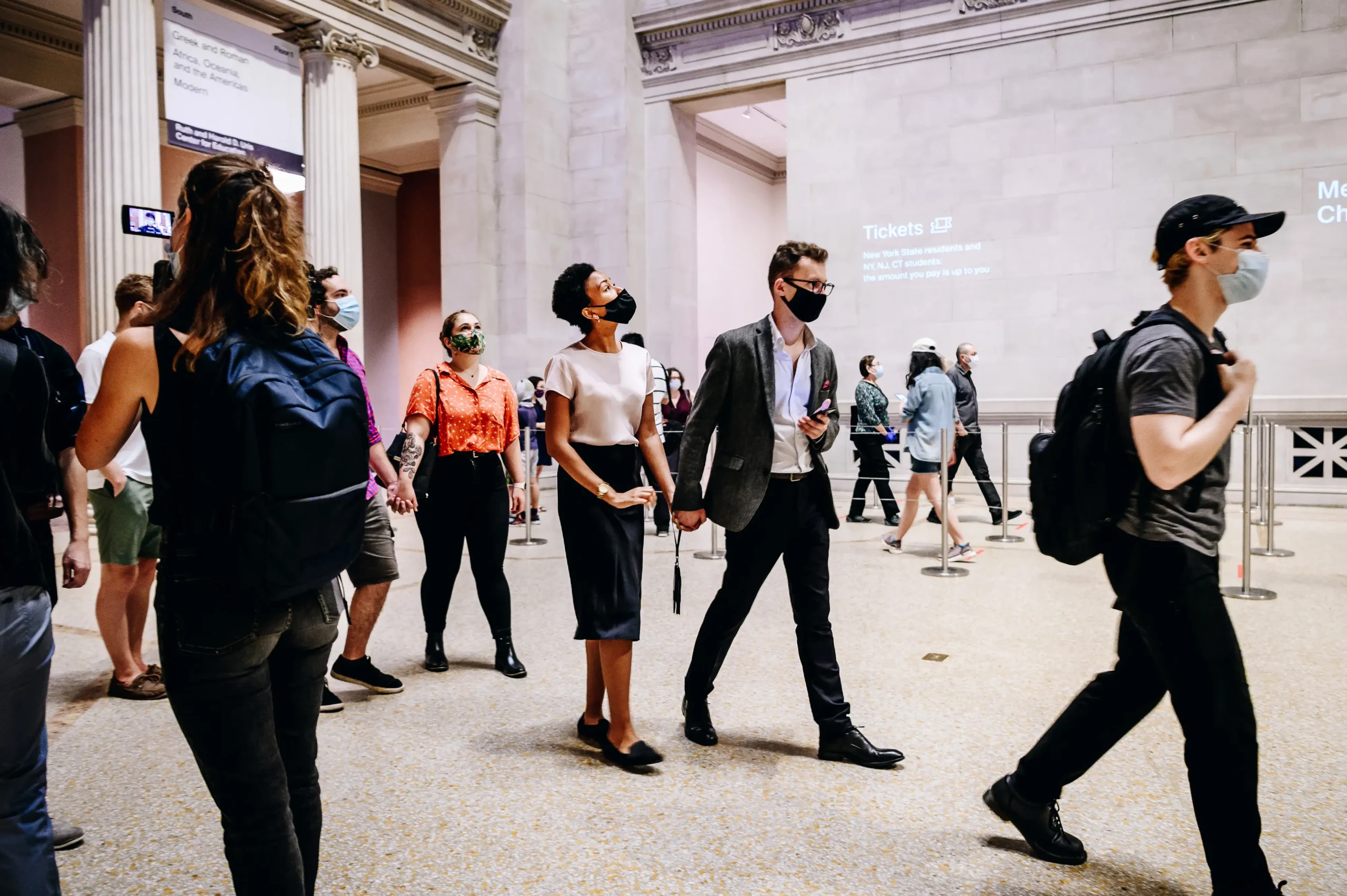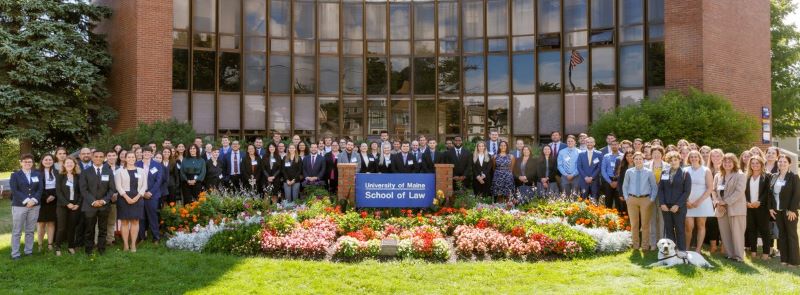The Shadows of COVID-19: Unveiling the Surge in Student cheating
As the fog of COVID-19 descends upon academia, an unanticipated specter has emerged from its depths—widespread student cheating. The catalyst for this clandestine surge remains hidden within the maze of virtual learning and isolated study. Wiht unwavering neutrality, this article will illuminate the murky depths of academic dishonesty during the pandemic, tracing its roots, examining its manifestations, and contemplating its enduring consequences.
– Academic Integrity in the Era of Remote Learning
Student Cheating: A Ticking time Bomb
The transition to remote learning during the COVID-19 pandemic has inadvertently opened a Pandora’s Box of academic dishonesty. With the lack of physical monitoring in online classrooms, students have exploited various loopholes and technological advancements to engage in cheating. The consequences of this surge are far-reaching, undermining the integrity of academic institutions and compromising the value of educational credentials.
Examples of cheating in remote learning environments include:
- Contract cheating: Hiring others to complete assignments or take exams on their behalf
- Plagiarism: Copying or paraphrasing content from external sources without proper attribution
- Collusion: Collaborating with peers on assignments or exams without authorization
- Unauthorized access to exams: Gaining access to exam materials or answers prior to the scheduled date
– The Shadow Pandemic: Cheating as a Symptom of Systemic Stress
Cheating by the Numbers
Although most reports of academic malfeasance during the pandemic remain anecdotal, a small but telling survey among students provides some illuminating data. In a survey of nearly 3,000 undergraduate students in Canada, more than 35% admitted to having cheated during the online portion of the winter term. Of those who cheated, 75% admitted to doing so more frequently than before the pandemic. Moreover, the vast majority of respondents (87%) characterized their reasons for cheating as being driven by stress and anxiety.
– Fostering Trust and Transparency in Virtual Classrooms
Fostering trust and transparency between students and educators is more critically important than ever in the virtual classroom. Taking proactive steps to create an environment where students feel supported and confident in their academic abilities will serve as an effective deterrent against cheating. Encourage regular communication through online forums, discussion boards, or virtual office hours. Foster transparency by clearly outlining course expectations, assessment criteria, and consequences for academic dishonesty. Use technology to facilitate collaborative learning, such as online whiteboards or shared documents, to encourage peer support and accountability.
– Navigating the Post-COVID Landscape: Reinforcing Academic Honesty and Preventing a Legacy of Dishonesty
In the aftermath of the pandemic, the scars of academic dishonesty cast a long shadow.Online learning, once a lifeline, has become a breeding ground for cheating and plagiarism. AI-powered tools,sheepishly disguised as academic aids,have fueled a surge in students outsourcing their assignments and fabricating research. Without renewed vigilance, the legacy of COVID-19 may not be a return to normalcy, but a chilling erosion of academic integrity.
Key Takeaways
As society navigates the complex aftermath of COVID-19, the echoes of its impact on education continue to reverberate.The surge in student cheating, a somber footnote in this unprecedented chapter, lingers like an ominous shadow, compelling us to confront its implications for the future of learning.
With the pandemic’s grip loosening, it is time for a collective reckoning. As we rebuild our educational systems, let us not forget the lessons gleaned from this turbulent period. Let us strive for an academic landscape where integrity prevails and knowledge is pursued with honor. And let us remember the students, burdened by the weight of extenuating circumstances, who succumbed to the temptation of shortcuts. May their experiences serve as a poignant reminder of the profound importance of fostering resilience, accountability, and a deep-rooted love of learning.




